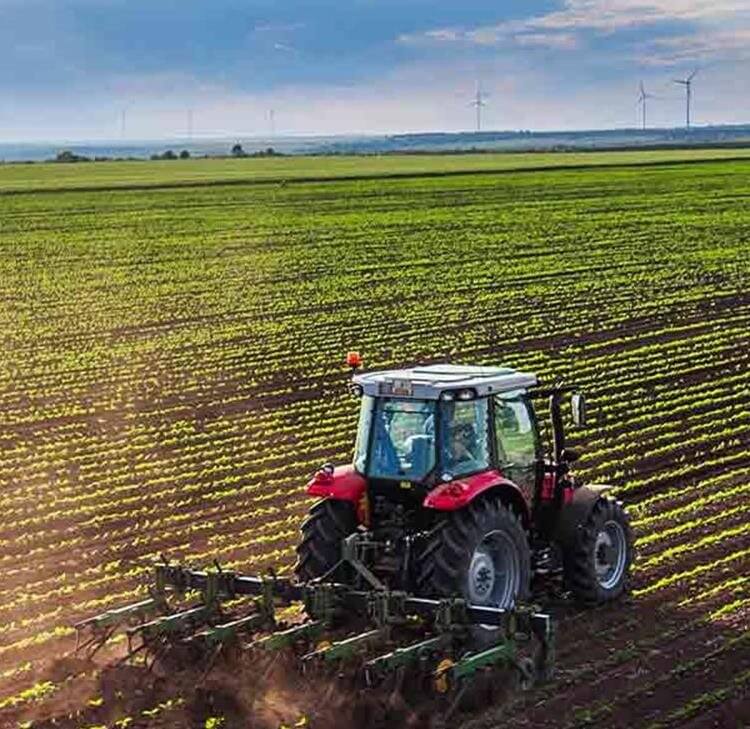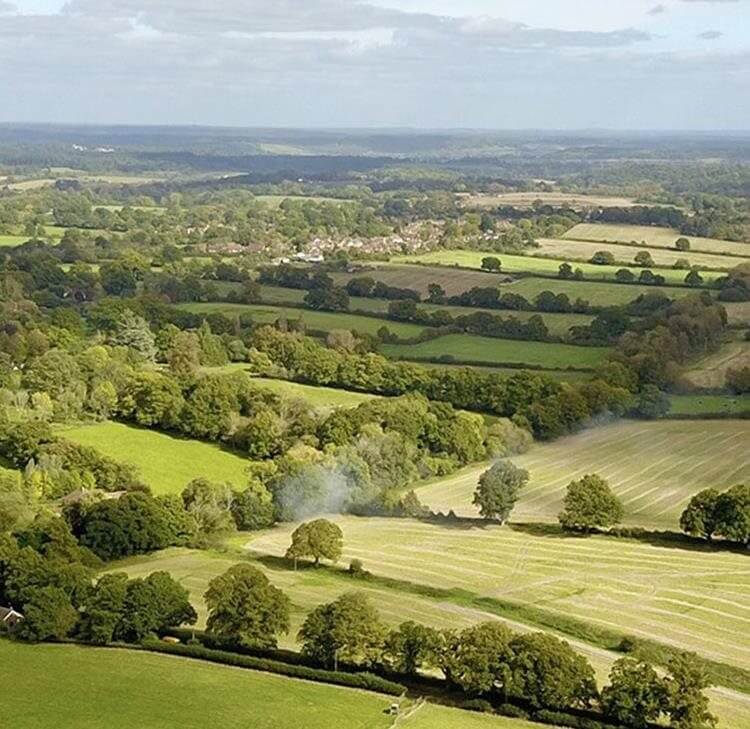A binding legacy for future landowners: Conservation Covenants
The Government has launched a consultation to consider the introduction of 'Conservation Covenants'.
The Government has launched a consultation to consider the introduction of 'Conservation Covenants'. The proposals could result in new legal safeguards to take action against landowners in order to protect nature or heritage sites.
Initially, these will be voluntary commitments. However, once introduced they will be legally binding on future landowners; leaving behind a lasting conservation legacy which new landowners will need to follow.
Michael Gove, Environment Secretary, remarked that these have been a successful integration in many other countries. "Conservation covenants are a valuable new tool to help protect our precious countryside.”
They are intended to unleash a new wave of safeguards for the natural environment and act as an integral aspect of the Government's 25-year environment plan. As well as having the effect of a legal covenant to prevent certain actions, these covenants can be used to encourage positive environmental actions. For example, to protect an archaeological site or protect a heritage site that has been restored before its sale. Up until now, conservation bodies have needed to buy up biodiverse plots in order to fully protect them. This could be a viable alternative where bodies can instead set out payments and obligations for a landowner in an agreement. Moreover, they could be used to enforce drainage obligations or protect woodland on land to prevent flooding.
The proposed covenants could take a number of forms including:
- a tool to preserve of the land for altruistic purposes, for example, permission for the public to access private land;
- security for historic or heritage sites;
- a facility for conservation bodies to acquire or dispose of land without having to make a formal purchase;
- obligations to make payments for ecosystem services; and
- obligations to use land in socially beneficial ways or improve local biodiversity as a means of protecting natural habitats and biodiverse plots.
CLA President, Tim Breitmayer said: “Conservation covenants have the potential to help deliver a range of environmental and other public benefits across the countryside. In the right circumstances they can be an important tool for those landowners who are considering long term investment in the environment.”
The Royal Society for the Protection of Birds Director of Conservation leaves us optimistic for the future, “to restore nature in a generation, we need to think and act differently. Conservation covenants are a good example of a new approach which could drive transformational change for nature. By making these covenants a statutory scheme, with clear criteria and oversight, it would help speed up transactions between developers, landowners and conservation bodies, to the environmental and financial benefits of all.”
DEFRA states that "these plans are a further step in our ambition to be the first generation to leave the environment in a better state than we found it.”
Government is encouraging people to have a say on the proposals the proposals which will form part of the forthcoming Environmental Bill.
See: Press release: Gove unveils new covenants to protect nature.









































